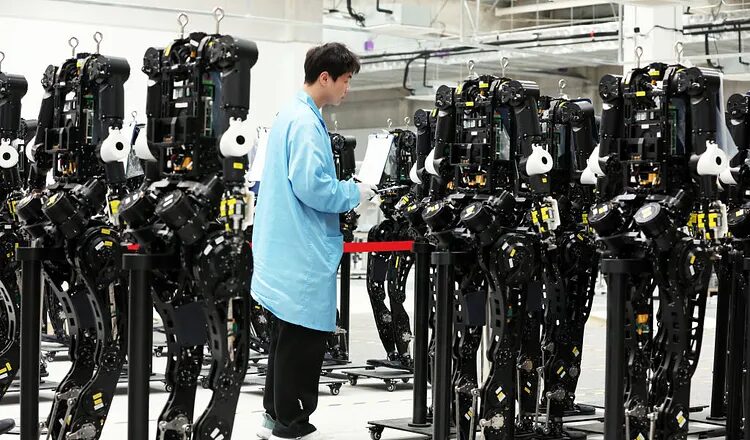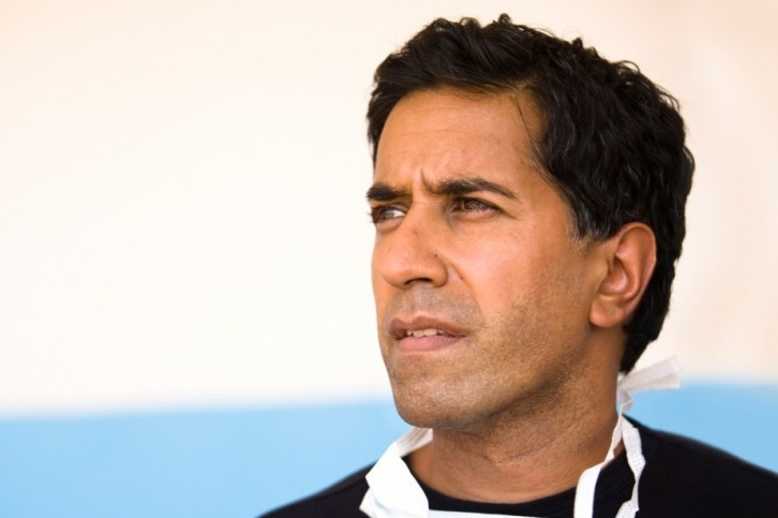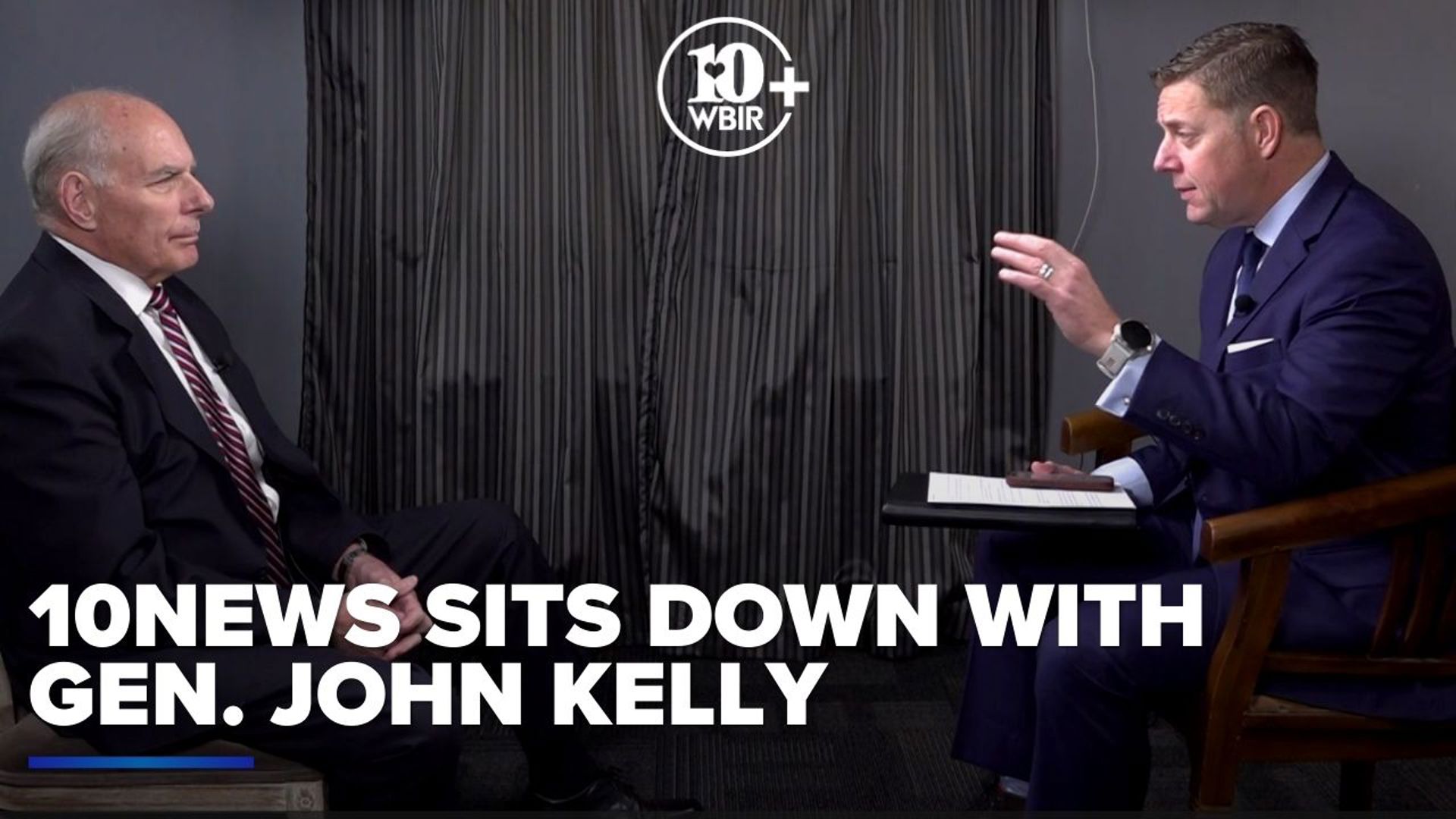
Patrick McGee: China’s Robots vs. America’s Chatbots
In his latest article for The Free Press, WWSG exclusive thought leader Patrick McGee argues that the global AI competition isn’t just about building the…
Thought Leader: Patrick McGee

By Sanjay Gupta (original source CNN)
“Since the beginning of 2020, when we first started hearing about a new coronavirus, eventually dubbed SARS-CoV-2, our understanding of what it is, how it infects people, who it infects and how we can protect ourselves have all evolved as our knowledge has grown.
But that evolution — and the changing information and recommendations that accompanied it — has also sown confusion, and in some cases, deliberate disinformation.
‘Just as Covid-19 has spread around the world, so too have rumors, untruths and disinformation. And they can be just as dangerous,’ Tedros Adhanom Ghebreyesus, director-general of the World Health Organization, said on Wednesday.
Mis- or disinformation has led to people harming themselves based on falsehoods, self-medicating with toxic chemicals or dangerous medications and not taking the precautions that they should be taking, Tedros said. It has also impacted our trust in institutions and health systems, which could result in people turning their backs on new treatments and vaccines if they don’t have confidence in them.
Tedros said the WHO and its partners are “calling on all countries to put in place national action plans to promote science-based health information and to combat misinformation. And we call on the media, technology companies, civil society, researchers, and people everywhere to keep the ‘infodemic’ from spreading,” he said.
Here are some of the common myths and misconceptions floating around, and the state of the science as we understand it to date.”
Click here to read more
Patrick McGee: China’s Robots vs. America’s Chatbots
In his latest article for The Free Press, WWSG exclusive thought leader Patrick McGee argues that the global AI competition isn’t just about building the…
Thought Leader: Patrick McGee
John Kelly: The Impact of Veterans
10News Anchor John Becker sits down with Gen. John F. Kelly to chat about the impact of veterans and how they work to serve their…
Thought Leader: John Kelly
Erika Ayers Badan: How Great Teams Actually Work
On this episode of Unsolicited Advice, we talk about what actually makes teams work. How clarity beats charisma. Why initiative matters more than experience. Why…
Thought Leader: Erika Ayers Badan

